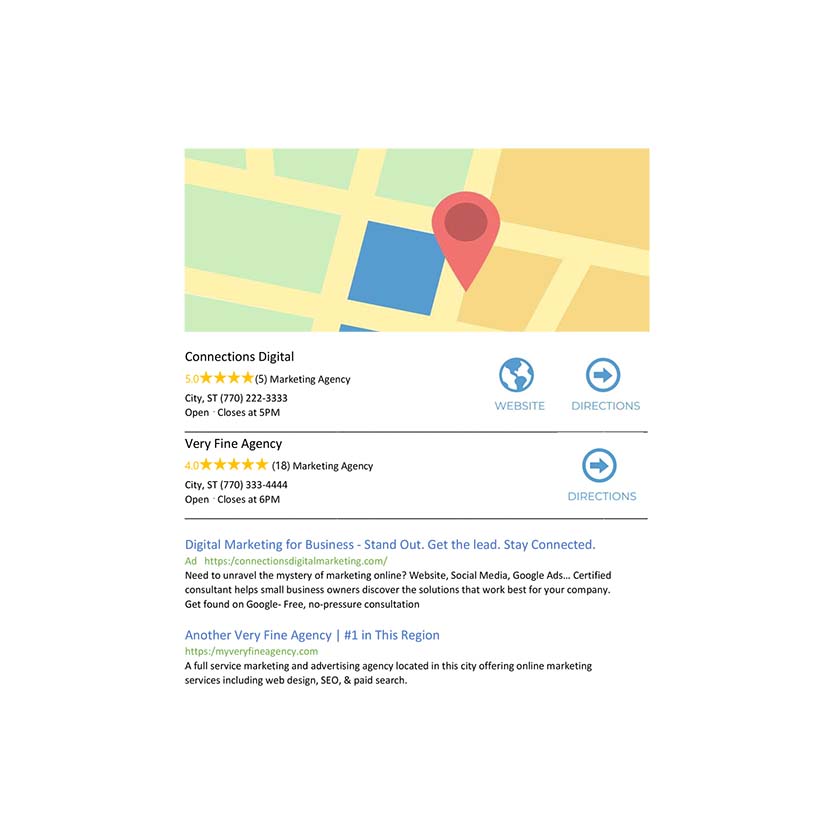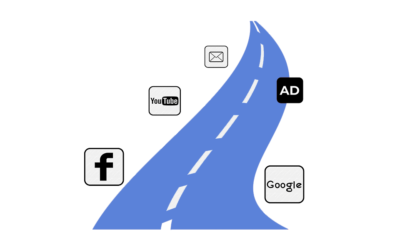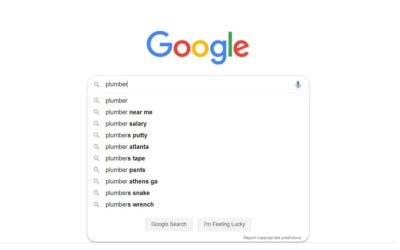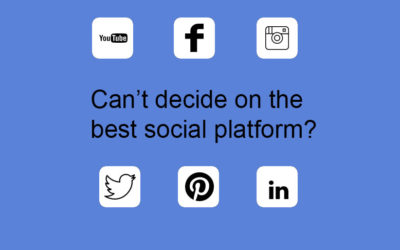SEO, SEM, PPC, NAP… The alphabet soup of digital marketing and the industry jargon we use can be frustrating. Let me apologize for the nerd fest that happens when someone asks me what I do. Then let me spend some time unraveling the terms, but more importantly, give you some tips for what you, the business owner, marketing director, or aspiring entrepreneur can do to boost your visibility online.
Get found on Google
SEM stands for Search Engine Marketing. You could call this “Google Marketing,” but that is not accurate. Although the term, “Google” is used to synonymously with “Search Engine.” Google is not the only search engine. Another popular search engine is Bing.
The goal of SEM is that a potential customer will find your business when someone “googles” a phrase that might result in finding your organization. An example is: if a user googles, “best plumber in Colorado Springs,” they will find a list of the best plumbers in that area.
Can I get found on Google for free?
SEM is divided into two main categories: Organic and Paid.
Organic is the segment we refer to as SEO or Search Engine Optimization. The term “organic” is used for the result of a customer finding your business online “organically,” as opposed to clicking on an ad or being directed from a social media website. This marketing discipline is not done for free. You will pay someone to optimize your SEM efforts or you may spend a large quantity of your time doing it yourself.
Paid or PPC is the practice of placing advertisements on a search engine (Google) or on the display network. The display network is a group of websites who sell advertising space on their web pages.
Which is best, SEO or PPC?
PPC is best for getting results quickly.
We recommend EVERYONE start with some paid advertising. Depending on your industry and in-house talent, it can take months or even years to get the best results from SEO. If you need customers NOW, you need to jumpstart your SEM with some paid advertising.
SEO is best for long-term results.
You don’t want to be paying for a lot of ads forever, right? At the very least, you want to lower your advertising costs. The effects of SEO are long lasting. You are building your online reputation and, baring a reputation catastrophe, you can see those effects last for a long time.
SEO should be done, even if you’re paying for ads. If you cannot afford to pay someone to do SEO, take a few steps to boost your own authority online.
What is SEO?
There are two areas of SEO: On-page and Off-page Optimization
On-page is the efforts used to optimize your website to best be found on a search engine. Unless you are a web designer, you will need help with this practice. There are, however, some programs that will run on some websites that could be utilized.
Off-page is the efforts done on other websites to try and direct traffic to you. This is an area that you can take the most control of. Even if you hire an SEO consultant, you will be a key player in making this the best it can be. You know about your business’ affiliations and reputation. You are the one who is best qualified to build a network that points back to you.
Can I do SEO myself?
You can absolutely take some steps to lift your own authority online, but you will see better results if you have a professional guide you. There is a plethora of articles you can read on the topic, but here is a list of basic steps for Off-Page SEO you can take.
- Have your webmaster setup Google Analytics tracking on your website
- Claim and optimize your Google and Bing business listings
- Decide on one NAP (Name, Address, Phone Number) that you will use to refer to your business everywhere online
- Claim and/or correct your business directory listings to reflect that NAP
- Only list your business in reputable directories
- Build relationships with reputable organizations like the chamber of commerce, small business organizations, non-profit organizations, and/or industry affiliations you may have such as vendors.
- Ask those organizations to link back to your website
- Manage your reviews well
Your online reputations should match your offline reputation. If you do Off-page SEO well, your good reputation will be highlighted. You may also discover that you have a bad reputation offline, that has leaked online. Now that you are aware, this gives you the opportunity to manage your reputation.
What about On-page SEO?
The second part of Organic SEO is surprisingly a language arts skill, not a technical skill. It involves writing about your product or service to match the keywords a customer might search for. Then the things you or your contracted marketing professional have written are added to the appropriate areas on your website. Some of those areas are:
- Title tags
- URL Slug
- Meta Description
- Any content related to your product or service
After you have inserted your content, the SEO software will score what you have written for:
- Reading Ease
- Transition words
- Passive voice
- Consecutive sentences variety
- Subheading distribution
- Paragraph length
- Sentence length
Search engine users are always changing.
Depending on your industry, keyword research done at the beginning of your SEO structure will become outdated quickly. In a matter of weeks or months, the keywords used in a Google search for your industry could change. That means SEO is NOT a once and done practice. It is an ongoing discipline that should be updated frequently. If getting good search engine results is key to your industry, you should consider having a marketing professional get you started and train a staff member to update your SEO frequently.
How do I know if it is working?
You can track your marketing efforts and see how successful your campaigns are. Unless you are running paid ads, you will not see your SEM efforts pay off right away, but you should see a steady increase over time. Have your webmaster provide access to analytics.
Even if you have good analytics that display meaningful statistics, you may need a digital marketer to help provide insight into what those numbers mean. As a professional in this field, I try and bring sense to the numbers for my clients. I want you to know that your marketing dollars are being spent in the best areas. If one channel is more profitable than others, I would advise diverting more attention to that channel. Any recommendation, from any provider should be toward accomplishing goals toward key business objectives, usually that objective is profit.
Find out more about our Services
Learn more about SEO from the experts at Hubspot





